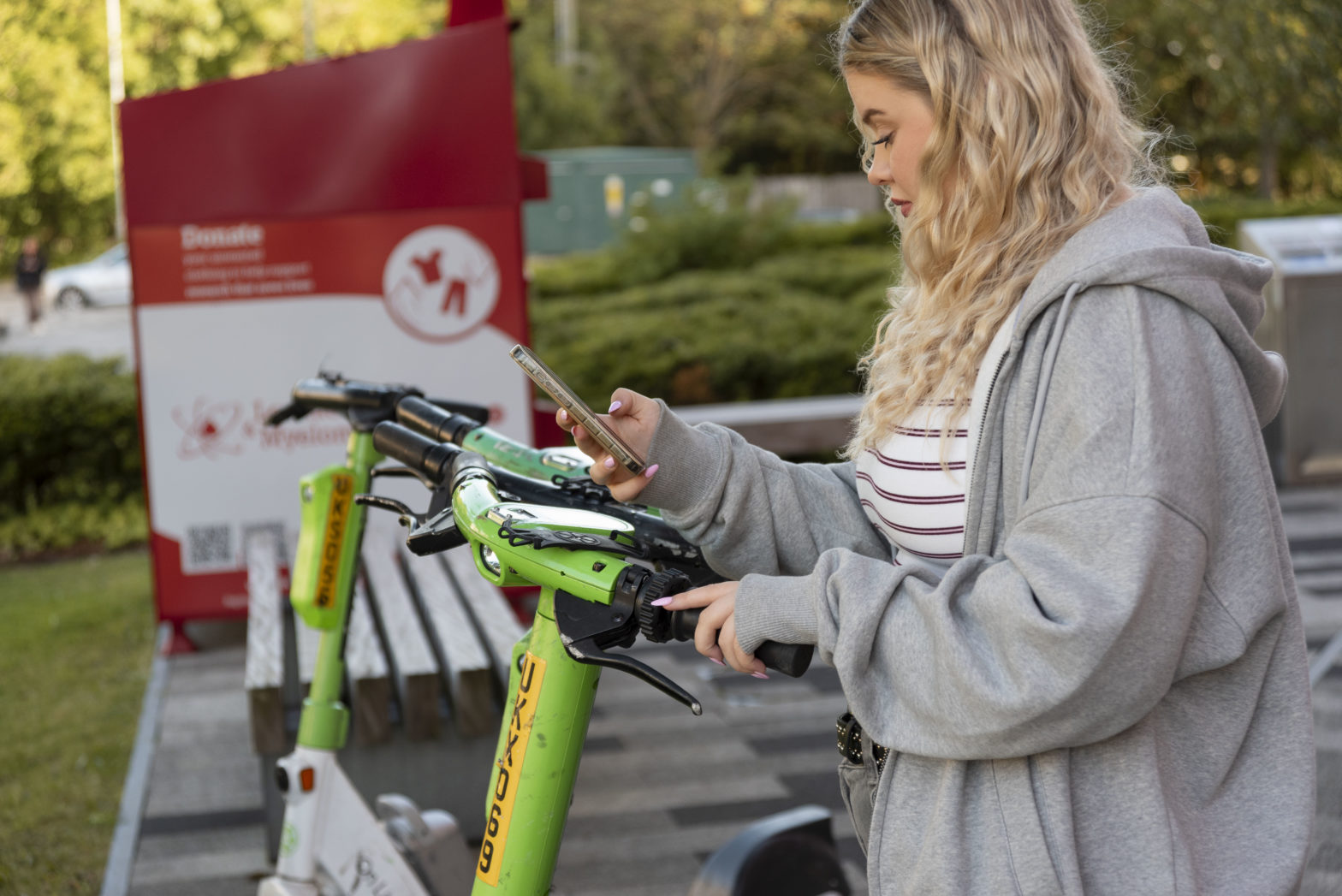
England extends e-scooter trials but operators face continued uncertainty
28 July 2025
by William Thorpe
The UK government has extended rental e-scooter trials in England until May 2028, allowing local authorities more time to collect data on safety, travel behaviour and environmental effects. However, the decision continues a cycle of temporary extensions, leaving operators grappling with prolonged uncertainty.
Launched in July 2020, the trials were originally due to end in November 2021 but have now been extended five times. The latest extension, announced in a policy update published in July, is intended “to help fill evidence gaps and gather new learning around e-scooter safety, the impact of local area characteristics, and how e-scooters contribute to meeting new government missions.”
While the UK Department for Transport (DfT) says the extension will “ensure we have the best possible evidence base to inform how to legislate,” operators are now entering an eighth year of regulatory limbo, with no permanent legal framework in place and no clear timeline for final legislation. Each extension, from pandemic delays to post-pandemic travel shifts, has provided justification but little long-term certainty.
The trials apply only in England and are run in partnership with approved operators and local authorities. E-scooters in the scheme must meet specific technical requirements, including a maximum speed of 15.5mph and motor power of up to 500W. Seated variants are now permitted, and geo-fencing technology can be used to manage speed zones.
Trial scooters are classed as motor vehicles and must be insured. Riders must hold a valid driving licence. Helmets are encouraged but not required: “We recommend wearing a cycle helmet for e-scooter journeys but do not propose that wearing helmets is mandatory.”
Regulatory changes made by DfT allow rental e-scooters to be used in cycle lanes, but local authorities must amend their own traffic regulation orders (TROs) to enable this. “To enable e-scooter use, cycle tracks would need to be redesignated as cycle lanes,” the policy paper notes.
A second national evaluation is underway and due to report in 2026. In the meantime, the DfT retains powers to revoke trial permissions and encourages councils to add their own local controls. However, the document also makes clear: “These arrangements are for the duration of the trial period only.”
Image: Alexkane1977vi | Dreamstime.com













